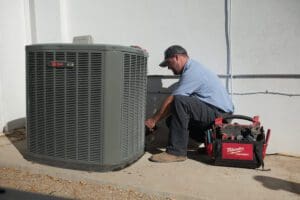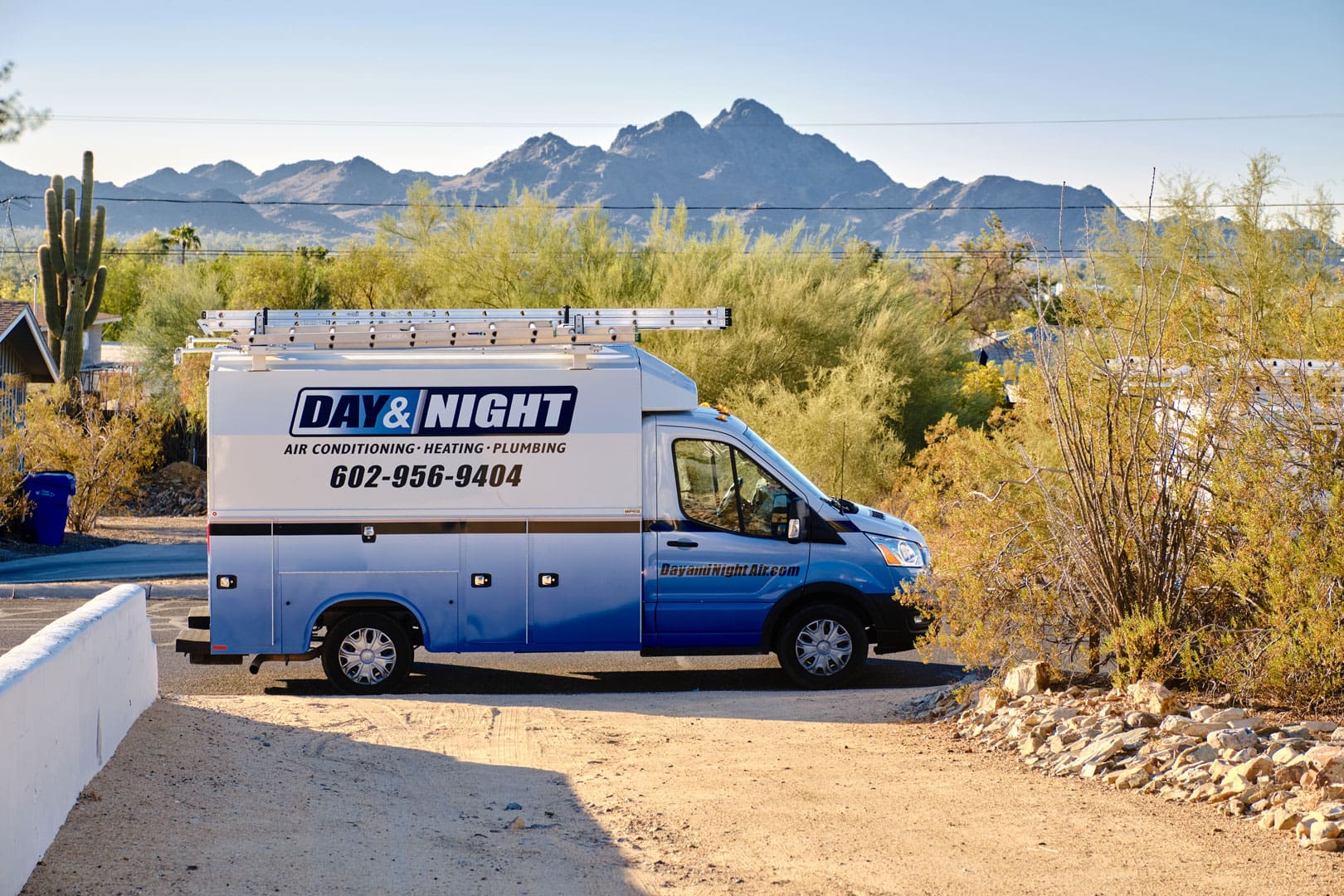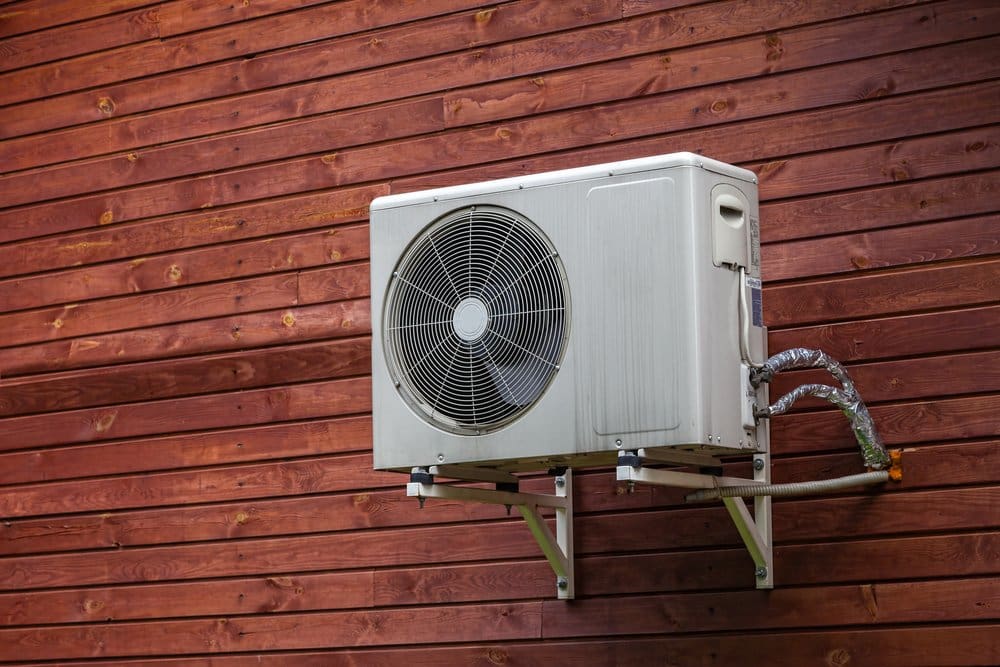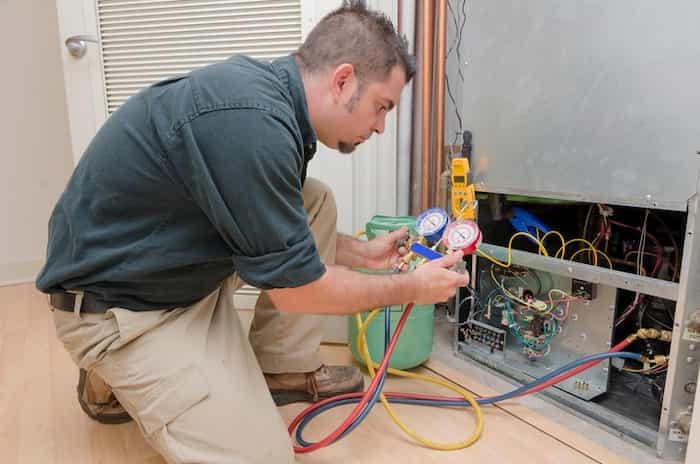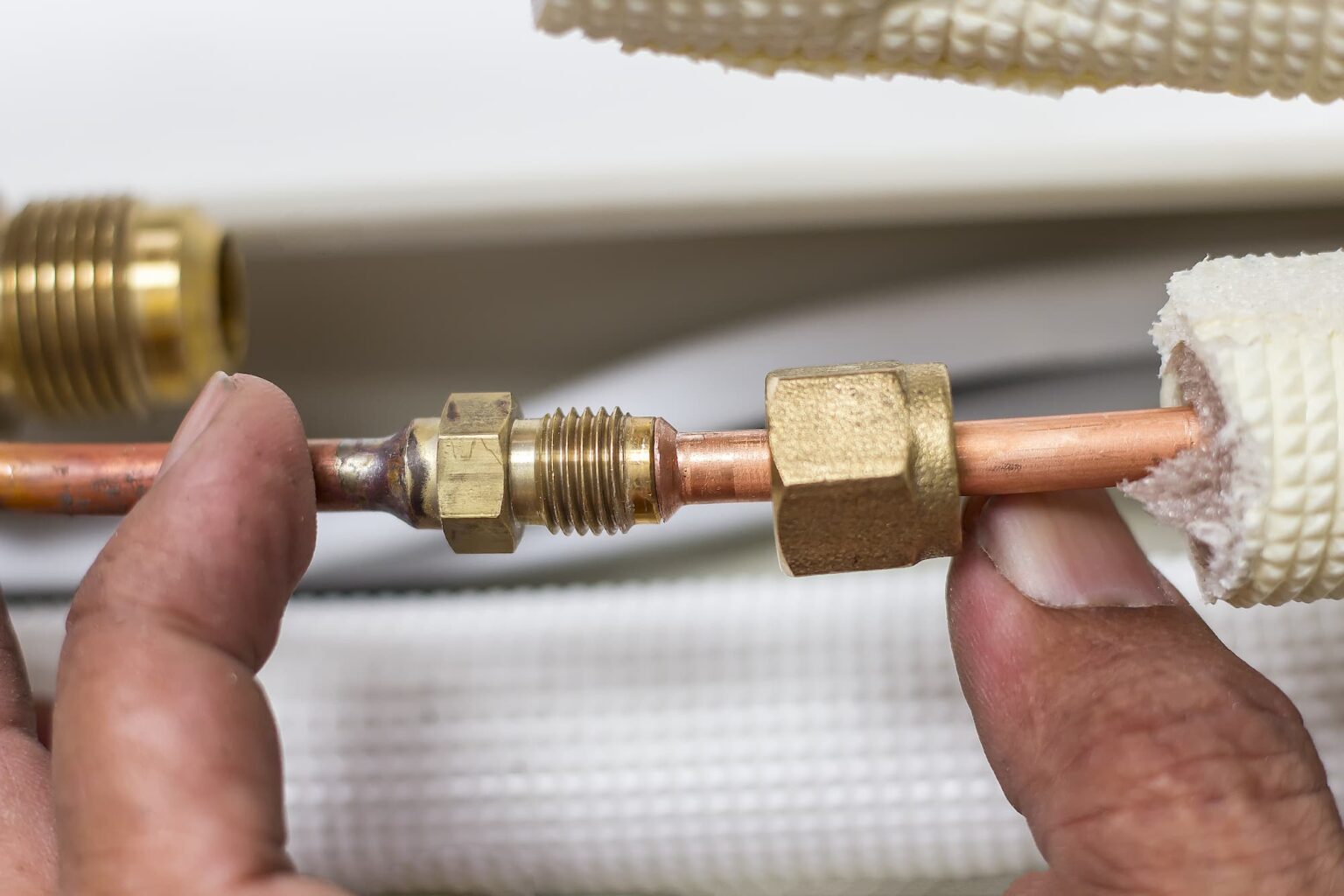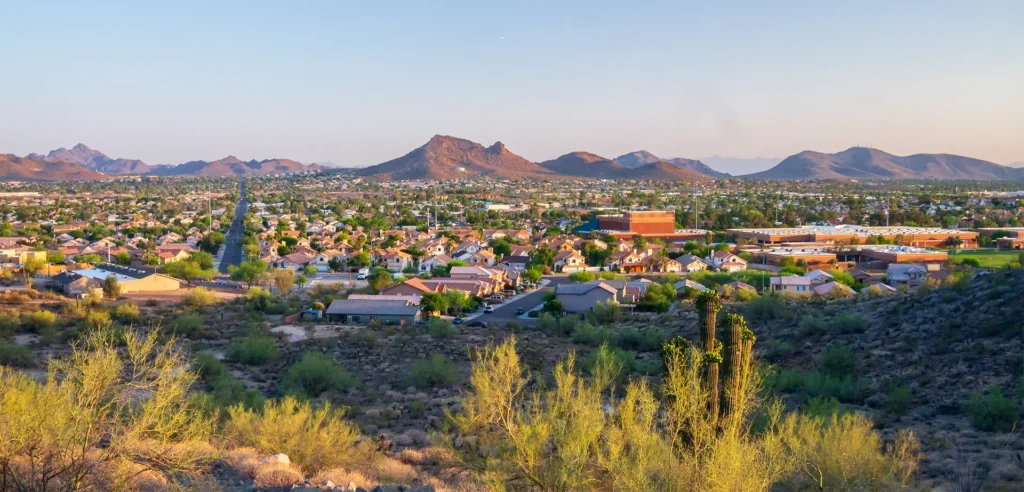Taking care of the air conditioner’s air filter is something most homeowners can do comfortably. In this article, we’ll help you learn the answer to important questions:
-
- Why is changing the air filter important?
- How often do you need to replace dirty air filters?
- How do you install a new air filter?
Have you ever heard the saying, “an ounce of prevention is worth a pound of cure?” The idea is that it’s better to prevent problems from appearing than to fix them later on. This smart advice doesn’t just work for your health — it also applies to your air conditioner. Something as simple as replacing dirty air filters can have a significant impact on your HVAC system in Phoenix.
How Does a Dirty AC Filter Affect Your Air Conditioner?
The air filter aims to keep dust, bugs, and other debris away from the air conditioner. Clean parts provide a better performance, and the air filter is an essential part of keeping things that way. What happens to your AC if the filter gets dirty?
1. Cooling Problems
A clogged air filter blocks airflow. The HVAC unit is cooling correctly, but cold air barely flows out of the vents. The reason is that there’s just not enough air making it through the filter.
This causes two problems. First, the home usually feels warmer than you want. Second, cooling seems to take forever, and the AC ends up staying on constantly.
2. Electricity Costs
When the HVAC system has to run harder and longer to reach the right temperature, it uses up way more electricity than usual. If you have dirty air filters, don’t be surprised to get hit with a shocking energy bill at the end of the month.
3. System Breakdowns
The longer the HVAC system is left running with a dirty air filter, the higher the chance of breakdowns. Of course, we’re always happy to help with emergency repairs, but it’s still not fun for your family to have to face hot and steamy weather. In Phoenix, AZ, and surrounding areas, you always want to have a working air conditioner. That way you can relax and enjoy total comfort.
4. Poor Air Quality
A clean air filter is a lot like the clean rags you use to dust your furniture. The more you clean, the dirtier the rag gets. After a while, the cloth has picked up so much dirt that it doesn’t clean anymore. It just pushes the dust around.
That’s exactly what happens with your HVAC system’s air filter. When it gets dirty, it stops absorbing dirt particles, dust mites, pet dander, and other allergens. All of those contaminants float around inside the home, potentially triggering allergies.
5. Dust
Dirty air filters, and dirty air ducts, can let a lot of dust into your home. Outside air in Phoenix, AZ, tends to have a lot of dust particles in it. Imagine how dirty your furniture would get if you left the windows wide open all day and all night. That’s essentially what happens when your air conditioner’s filter is plugged up with dirt.
Does it seem like you just cleaned the home and you notice new dust right away? By installing a new air filter, you cut down on the time it takes to keep your home clean every week.
6. Repair Costs
Air filters are generally pretty cheap. One costs around $10–$15. High-efficiency particulate air filters (HEPA) for allergies are more expensive than that, but still a good deal.
On the other hand, when the HVAC system breaks down, you have to pay for the cost of replacement parts plus labor. System damage can lead to more minor problems such as belt issues or more significant replacements such as fan motors.
By far, the biggest worry, as far as price is concerned, is the compressor. In many HVAC systems, the compressor has such a high price tag that you’re probably better off buying a new unit. That’s why keeping your compressor nice and cool, by replacing the air filter frequently, is so important.
How Often Should You Change Dirty Air Filters?
As a general rule of thumb, plan on changing your air filter at least every three months, or 90 days. Technically, the amount of time you can go before changing the air filter depends on several factors:
-
- Outdoor air quality: Some parts of Phoenix, AZ, and surrounding areas are dustier than others. Suburbs with lots of trees and homes may have less dust than places that are more open. In a dusty area, we recommend a new air filter every 45–60 days.
- Energy efficiency: If you want good energy efficiency, changing the filter at least every 45 days is always the way to go.
- Pets: Pet hair can clog the air filter a lot faster. Preferably, install a new filter every 30–45 days.
- Allergies: If you’re not allergic to pet dander or dust, you may be OK replacing the filter every two months. On the other hand, if someone in your family has allergies, and especially if you have pets, aim for a new air filter once a month.
- Filter quality: As we said above, HEPA filters cost more, but they also last longer. You may be able to go about six months or a year before replacing them.
One thing to keep in mind is that all of these recommendations are based on whole-home HVAC systems, i.e., central air. If you have a smaller ductless AC system, you need to wash the air filter more frequently to get maximum energy efficiency. Many of these units recommend cleaning the filter every two weeks. The good news is that it doesn’t take long.
How Do You Replace a Dirty AC Filter?
If it’s been more than 90 days since you last changed your air filter, it’s time. The process isn’t too complicated for homeowners once you know where the filter is located on your HVAC unit. Check the owner’s manual to find it. Just remember to face the new filter with the arrow in the same direction as the old one. Slide it in, close the door, and you’re good to go.
If this is your first time, why not call our pros at Day & Night Air Conditioning, Heating & Plumbing? That way, our technicians can show you firsthand precisely what to do. Many Phoenix homeowners ask us to take a minute to do this during our periodic air conditioner maintenance checkup, and we’re happy to help.
Other air conditioning questions? Subscribe to our blog or call our friendly team for assistance!
Featured Image: David Spates/Shutterstock

